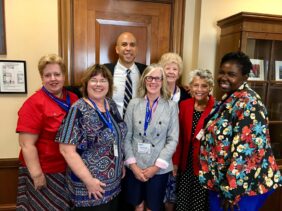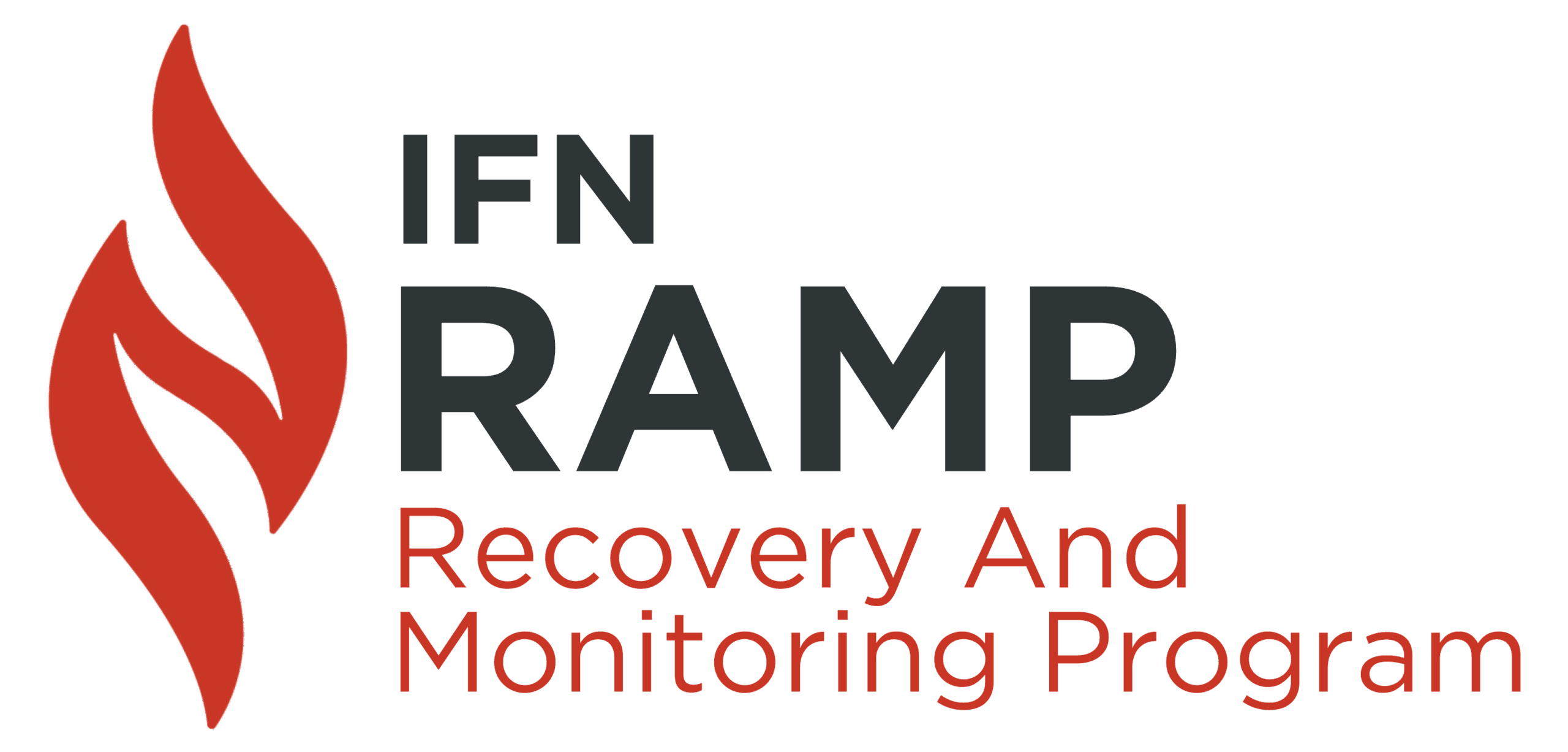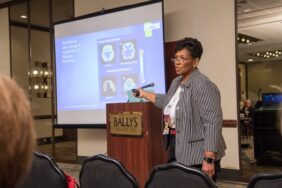Advocacy
Resolutions / Reference Committee
Guiding the Future of NJSNA Policy
The Reference & Resolutions Committee ensures that NJSNA maintains a structured, evidence-based approach to addressing issues of interest to nurses and the broader healthcare profession. By reviewing, developing, and refining resolutions, the committee provides a formal mechanism for expressing professional positions on key topics while ensuring alignment with NJSNA’s mission and advocacy efforts.
Resolutions – Formal main motions on significant topics, recognizing statewide or national matters that affect nurses, nursing, and public healthcare needs.
Purpose
- To facilitate the resolution process by reviewing member-submitted proposals, ensuring clarity, research-based evidence, and adherence to NJSNA’s standards.
- To identify and prioritize topics of interest, conduct research, and propose well-documented resolutions that support the nursing profession.
- To provide guidance on resolution drafting, ensuring they are structured to be actionable by policymakers, educators, and healthcare leaders.
- To ensure resolutions reflect NJSNA’s commitment to advocacy, education, and nursing excellence without serving as legislative actions.
CHAIR of the Reference & Resolutions Committee
Transforming Ideas into Action for Nursing Advocacy
The Reference & Resolutions Committee Chair leads the development and review of evidence-based resolutions that shape NJSNA’s advocacy and professional positions. By ensuring resolutions are well-researched, clearly structured, and aligned with NJSNA’s mission, the Chair helps amplify the voice of nurses on key issues. This role ensures that nursing professionals have a formal platform to propose impactful solutions, guiding discussions that influence policy, education, and healthcare leadership.
Donna Russo, RN
2025-2026
Key Functions
Focused Advocacy – Ensures NJSNA effectively champions key nursing issues, providing a unified voice in policy and practice changes at local and state levels.
Organized Decision-Making – Establishes a structured process for drafting and reviewing resolutions, ensuring all proposals are well-researched, evidence-based, and aligned with members' needs.
Timely Responses – Enables NJSNA to quickly address emerging healthcare challenges and policy shifts, ensuring the association remains relevant and proactive in nursing advocacy.
Promoting Unity – Strengthens collaboration and collective action among members, fostering engagement and a shared commitment to addressing critical nursing issues.
Enhancing Credibility – Positions NJSNA as a leading authority in nursing advocacy, reinforcing its influence with policymakers, healthcare organizations, and professional stakeholders.
Empowering Members – Provides a platform for nurses to propose and shape resolutions, encouraging active participation and a sense of ownership in NJSNA’s advocacy efforts.
Submission Guidelines
- Eligibility – Members, chapters, and committees may submit resolutions for review.
- Submission Deadline – Resolutions must be submitted by May 1 to be considered.
- Late Resolutions – Proposals received after the deadline may be introduced from the floor only if they address issues that have arisen after the deadline.
- Committee Review – The committee evaluates all submissions, refines them if necessary, and submits recommended resolutions for a vote.
- Appeal Process – If a resolution is not forwarded for a vote, the submitter may appeal to the NJSNA Agenda Committee, whose decision is final.
- Amendments – Resolutions brought to the floor may be amended before adoption if necessary.
Accountability
- Report to the NJSNA Board of Directors or a designated leadership body.
- Ensure resolutions meet content and format standards before submission for approval.
- Work to bridge member interests with actionable advocacy and professional development goals.
Structure & Membership
- The NJSNA President appoints committee members at least 60 days before the annual meeting.
- Committee members serve one-year terms and may be reappointed.
- The committee is composed of:
- Chairperson (elected by committee members)
- Vice-Chairperson (supports the chair and represents the committee when needed)
- Committee Members (review, research, and draft resolutions)
Term Limits
- Members serve one-year terms, renewable based on active participation and engagement.
- The Chairperson and Vice-Chairperson serve two-year terms, with a maximum of two consecutive terms.
Shape the future of nursing advocacy with NJSNA by:
Submitting Proposals for resolutions.
Attending Meetings to contribute to discussions.
Volunteering to join the committee.
Providing Feedback on draft resolutions.
Advocating for approved resolutions.
CONTACT: Jennifer Chanti – jennifer@njsna.org to get involved.











